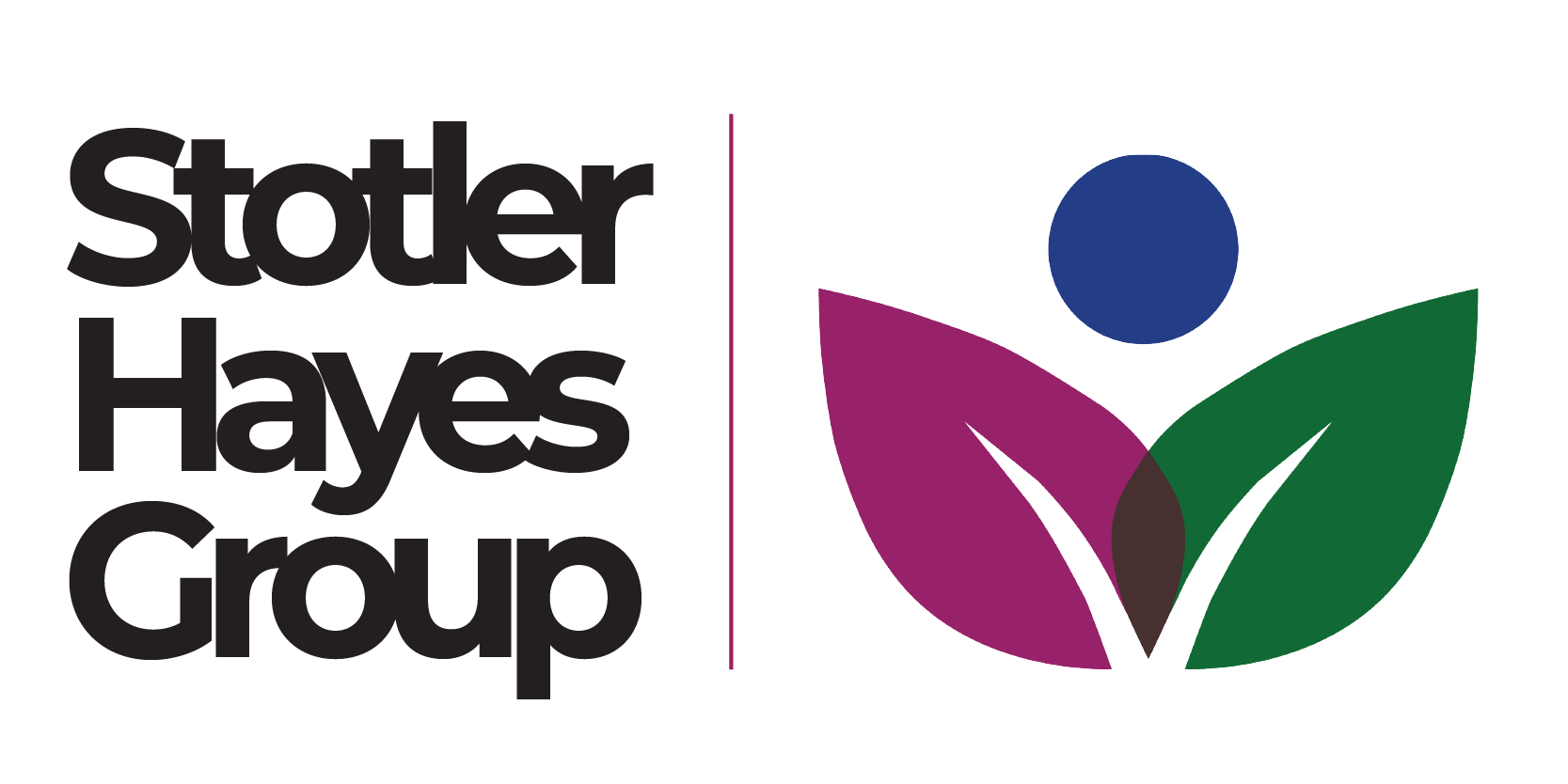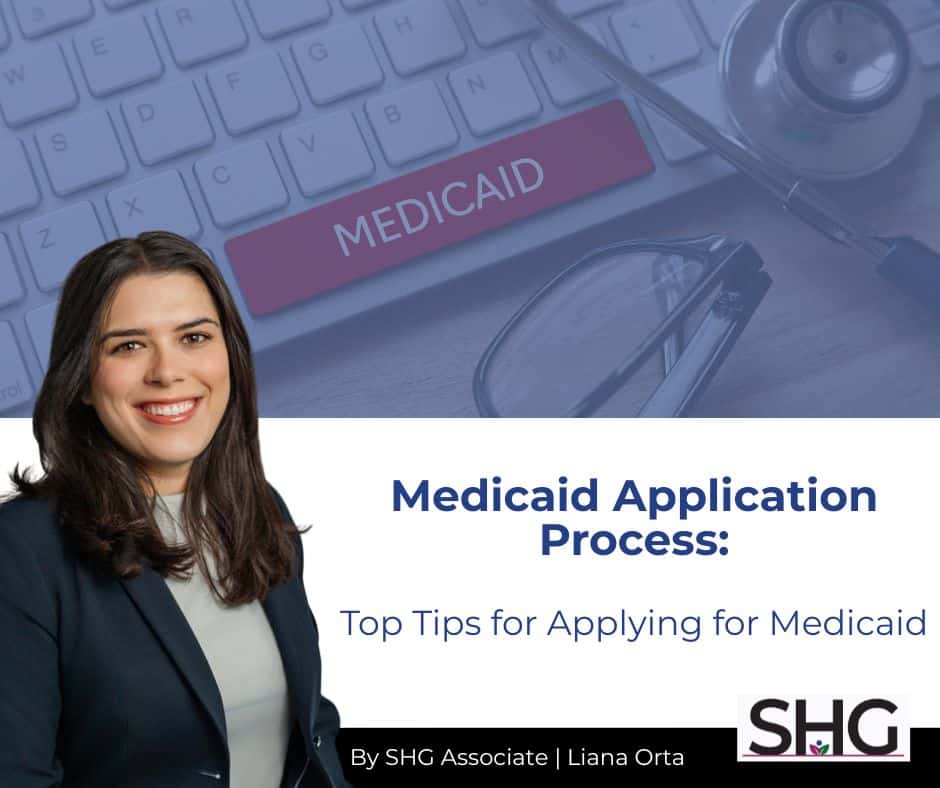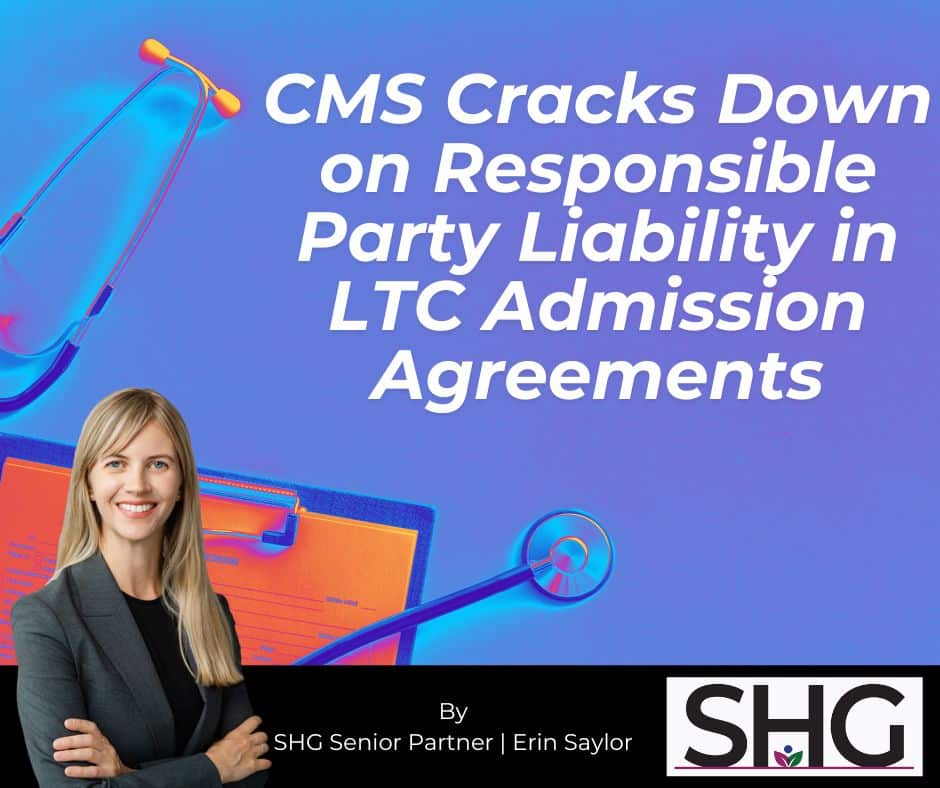On April 13, 2020, Massachusetts Attorney General Maura Healey’s office published guidance regarding the treatment of the stimulus funds issued to many Americans by the Federal Government as a result of the Coronavirus Aid, Relief, and Economic Securities Act (CARES Act). According to the Mass AG’s office, the stimulus funds are considered to be “public assistance” under Mass. Gen. Laws c. 235 § 34 cl. 15, and therefore are exempt from seizure and/or garnishment under Mass. Gen. Laws c. 235 § 34 or attachment under Mass. Gen. Laws c. 223 § 42. According to the Massachusetts Attorney General: “[a]ny creditor… that threatens or takes action to garnish, attach, or otherwise seize funds paid to individuals under… the CARES Act is engaged in conduct that violates the Attorney General’s Debt Collection Regulations.”
What does this mean for you as a creditor? Essentially, this guidance states that a debtor cannot be compelled through judicial action or the threat of judicial action to pay a creditor with the funds received as a result of the CARES Act. While the Massachusetts Attorney General has already introduced an Emergency Regulation suspending most debt-collection practices (for analysis of the Emergency Regulation, please refer to our previous blog), this new guidance adds an additional level of protection for the debtor.
While the new guidance prohibits a creditor from pursuing involuntary payment out of CARES Act funds through judicial processes such as garnishment, neither the Act itself nor the Massachusetts Attorney General’s guidance prohibit the debtor from voluntarily making a payment to a creditor out of these funds. In light of this, it would not be inappropriate for a creditor to request that a payment towards an outstanding balance be made as long as the request does not otherwise violate the current moratorium on debt collection measures. Such a suggestion would have to make clear to the debtor that they are under no obligation to apply any funds that are considered to be “public assistance” as defined by Mass. Gen. Laws c. 235 § 34 and that there are no penalties for the failure to do so.
If you would like guidance regarding your rights and collection options as a creditor during this period, please reach out to us at Stotler Hayes Group, LLC.






